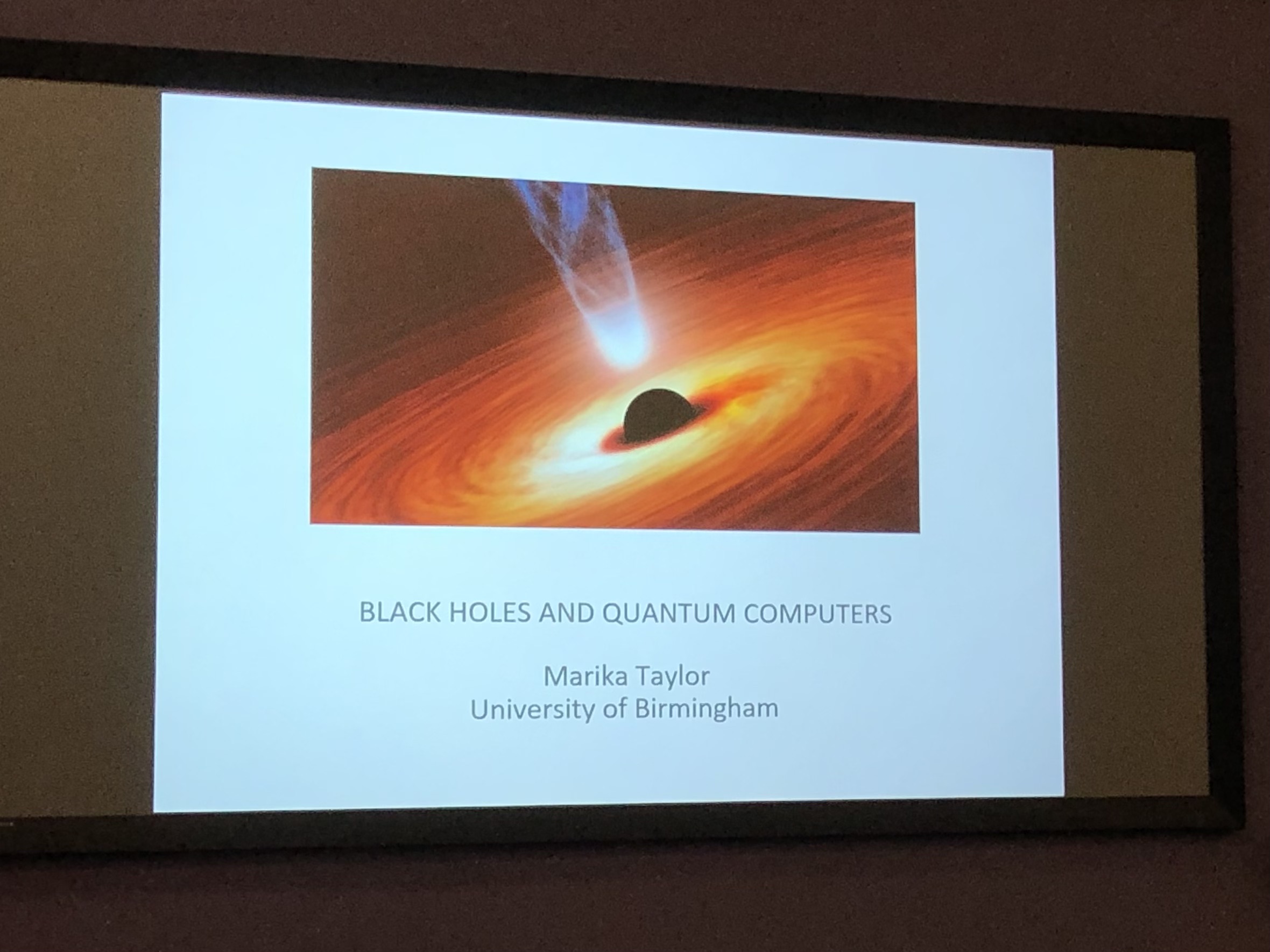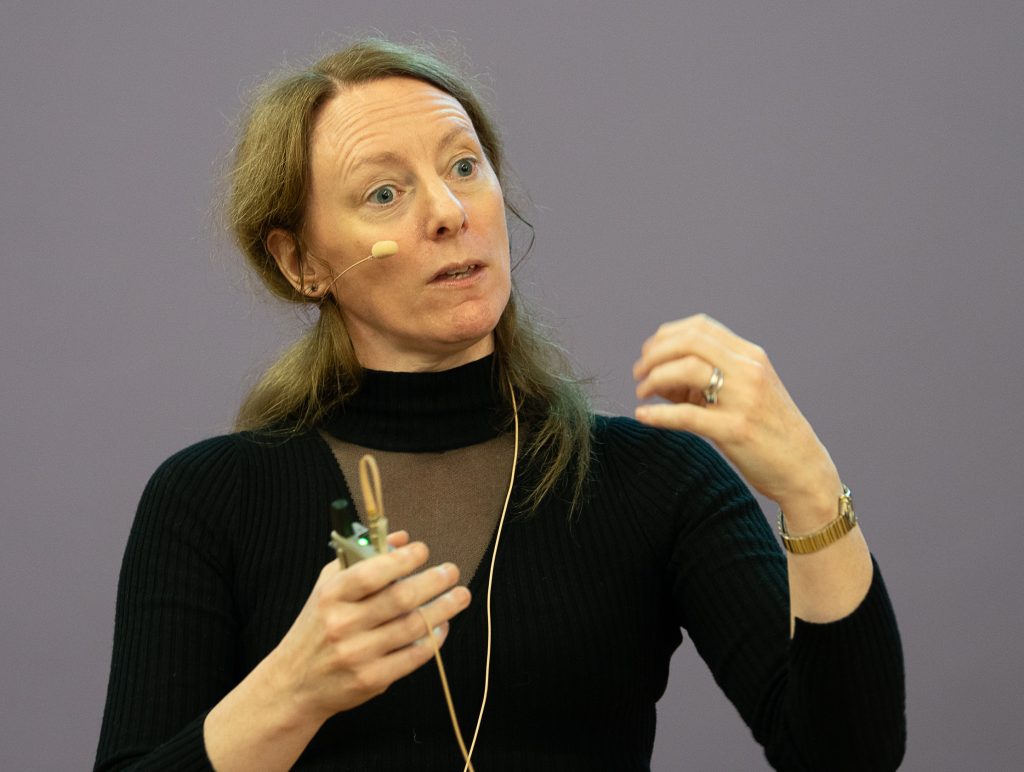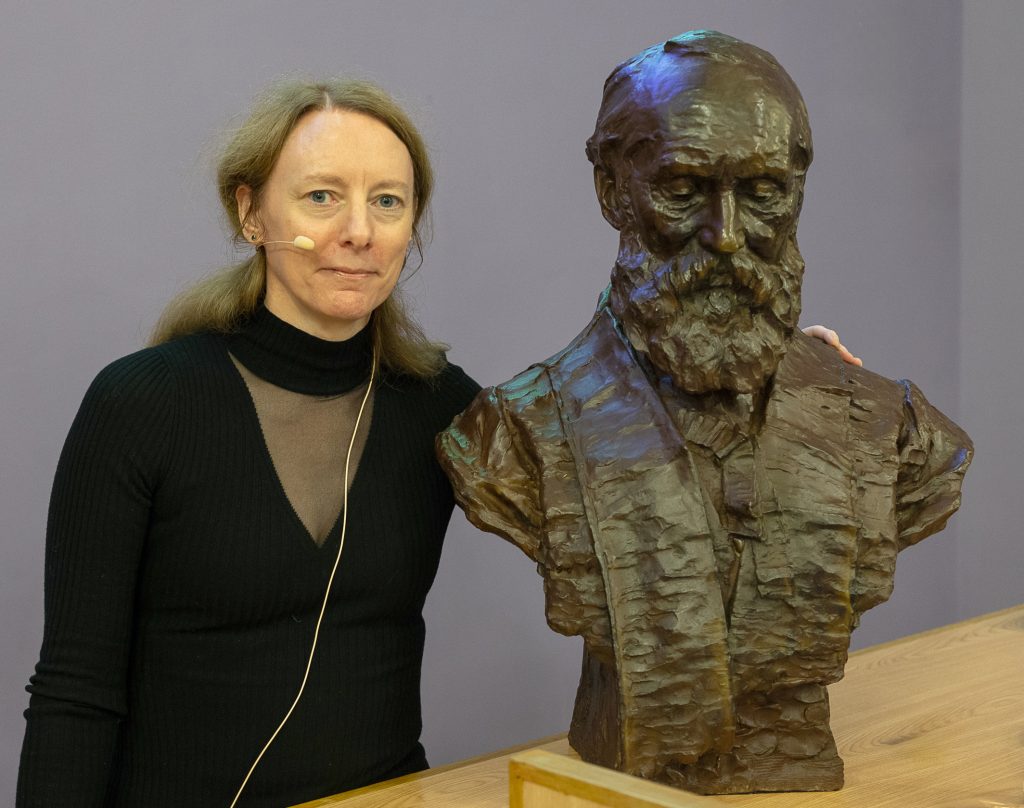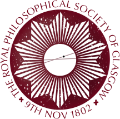From Black Holes to Quantum Computers – Prof Marika Taylor

A review by member Croy Thomson of Professor Taylor’s talk
“I’m fixing a hole where the rain gets in, and stops my mind from wandering.” – Lennon & McCartney.
Now, I’m not suggesting that The Beatles were into quantum computing and its relevance to black holes, but they definitely did know about imagination, and it was imagination that brought us the prediction of black holes. The ingenious minds of the Reverend John Michell in 1783 and Pierre-Simon Laplace in the 1790s wandered into the concept of stars so massive their gravity would prevent even light escaping from their surface. Since then, thanks to the work of scientists including Einstein, Oppenheimer and Hawking, we have learned more about black holes (term coined by physicist John Wheeler in the 1960s, who also came up with “wormholes in space-time” but we won’t go into wormholes because we may not find our way back out in time for last month).
So, what do black holes, those immense matter-devouring pits, have to do with quantum computing? As the preview notes put it – “Black holes are the most efficient quantum computers that can exist in nature”. Professor Taylor’s thoroughly enjoyable lecture helped enlighten us further, with a colourfully illustrated, clearly presented trip through the history, practicalities and applications of using sub-atomic particles to store and process information.

I’ve never actually seen any sub-atomic particles, but I am reliably informed they are very very very small and yet can carry information. Black holes, then, are stores of information, because they hold lots and lots and lots of particles, squished into a teensy space (stop me if I’m getting too technical). How black holes function is therefore of relevance to the development of quantum computers.
Theoretically it is possible retrieve everything that has gone into a black hole, but not in the form it went in and only extremely slowly. The process would be like playing reverse chess, where you start with the checkmate and work backwards to the beginning. Don’t hold your breath.
Watch this lecture online – I urge you to do so when it’s available – and you will encounter other science-fictiony phenomena including Event Horizons, Neutron Stars, the qubit, Singularity, Accretion Disks, Doppler Shift and Dyson Spheres (not a super-fast hand-dryer) and the super-massive black hole Sagittarius-A.
We learned of the collision between two black holes which was calculated as lasting point two of a second, though it wasn’t explained if both disappeared or if any damage was covered by insurance. And there’s a theory that black holes will evaporate away to nothing. Thank you, Stephen Hawking.
Questions from the audience included, “Is there a practical use for black holes?” Answer, “Not that we know at the moment, but the knowledge gained is valuable.” I was hoping they might be used for landfill, but apparently that won’t happen any time soon. Other questions touched on multiverses, the long-term future of galaxies and the speed of light (still the fastest thing, “as far as we know”). Little mention was made of fiscal black holes, rabbit holes or even mints with holes, but the Professor recommended the movie Interstellar, the time-travel TV series Doctor Who and the Foundation sci-fi books by Isaac Asimov.

Chair Richard Service thanked Professor Taylor and, in recognition of the occasion being the annual Kelvin Lecture, presented her with the coveted Kelvin Medal along with the equally esteemed Society paperweight. Applause was warm and prolonged, in response to a thoroughly engrossing talk. Personally, as a non-physicist, I felt satisfyingly baffled, awestruck and delighted that there are people in this world who never stop their minds from wandering. Wherever will they take us next?
Marika Taylor is Professor of Mathematics, Physics and AI, and Pro-Vice Chancellor, at the University of Birmingham. She began her research career studying for a doctorate with Stephen Hawking. The talk will be available online.
